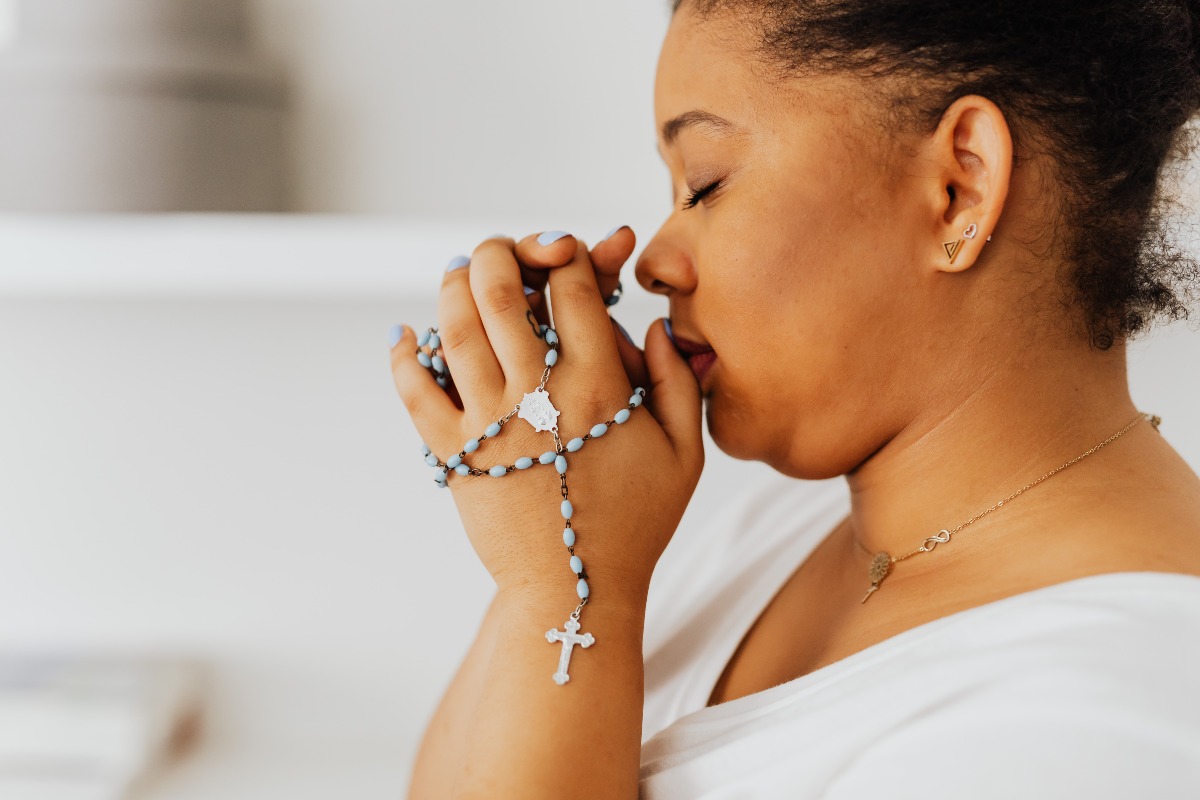
Many people think about obsessive-compulsive disorder (OCD) and picture Monica from Friends — always focused on cleaning and organizing. This stereotype hurts people with OCD whose illness presents in other ways. Obsessions can fixate on any number of things. One type of OCD exists that centers around religion. In this article, we’ll explore what it’s like to live with religious OCD.
OCD vs. Religious Scrupulosity
Two elements characterize OCD:
- Obsessions: Intrusive, disturbing, and reoccurring thoughts
- Compulsions: Mental or physical actions performed to decrease mental distress caused by obsessions
According to the National Institute of Mental Health, approximately two percent of people experience OCD in their life. For a small section of these people, obsessions solely center around their religion’s doctrine and morals. This type of OCD is called religious scrupulosity. Often, people with religious scrupulosity grew up in or actively or currently belong to high-demand religions. Most people with this illness can’t take joy from their religion because it causes too much pain.
Common Obsessions in Religious Scrupulosity
In religious scrupulosity, people obsess about the tenets of their religion. For instance, a Catholic person may worry they are doing the cross-motion wrong. A Mormon person may worry they are breaking the Word of Wisdom by drinking soda. Is this correct? No. However, the accuracy doesn’t change the intrusive thought. Similarly, a Jewish person may worry they are saying the Torah wrong even if they’re reading it aloud. Across faiths, these obsessions may show up as:
- “I’m praying wrong.”
- “Me not telling every small action is lying by omission.”
- “My partner is hurting my relationship with my god(s).”
- “Doubting anything my religion says is a sin.”
- “I’m saying a prayer the wrong way.”
- “My god(s) is/are upset by the way I’m dressing.”
- “This isn’t the one true religion.”
- “My thoughts make me a bad person.”
The thoughts almost always end with the phrase, “…so, I’m going to hell,” or “I’m going to be punished by my god(s).” This can cause intense emotions that a person doesn’t know how to handle. Consequently, they’ll turn to compulsions for relief.
Common Compulsions in Religious Scrupulosity
Compulsions in religious scrupulosity also usually center on religion. They can involve many types of actions. For example:
- Going to confession every day
- Doing cleansing rituals repeatedly
- Reading your patriarchal blessing over and over
- Saying prayers on a loop, out loud or internally
- Thought stopping
- Prolonged periods of fasting
All of these compulsions can disrupt a person’s daily life. Unless a person gets help for their OCD, they cannot stop these actions. Naturally, people with OCD can’t regulate impulses easily. It’s a very cause-and-effect process. Luckily, like any other form of OCD, treatments exist to help a person struggling with religious scrupulosity.
If you’re experiencing religious scrupulosity, you may feel out of control. Your obsessions and compulsions dictate your daily activities in a way that creates dysfunction. Many treatments available will give you control over your life again. At The Guest House, we provide individual and group therapies that can help you learn to manage your symptoms. We’re open to medication interventions, depending on your needs. We also offer many holistic treatments that allow you to find spiritual connections in a new, healthier way. When you’re ready to start healing, please reach out to us at (855) 483-7800.